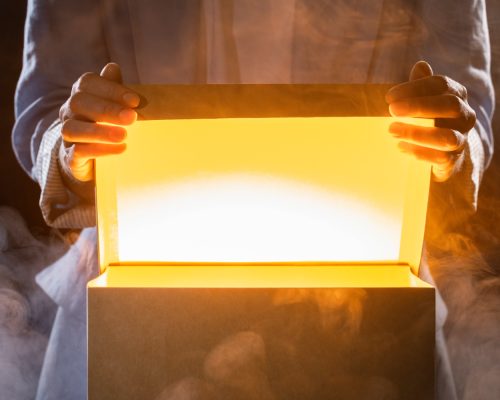“Wait! Are you still sleeping?”
Bolu flinched at the voice, startling back to consciousness. For the thousandth time in six months, her roommate returned home to find her draped across the bed, swallowed by blankets and shrouded in the darkness of unkept days. It had all begun with the job loss, a hollow blow followed by seven interviews and twelve rejection letters. Each “No” chipped away at her soul, until she resembled a hollowed-out version of herself – sleeping all day, barely stirring for food, a ghost haunting her own life.
Could this be depression?
What is Depression?
Millions navigate paths like Bolu’s, burdened by the invisible weight of a condition often misunderstood. The line between sadness and depression, though, can feel blurred, leaving many questioning the depths of their despair. Understanding the relationship between sleep and depression can help you spot red flags early, get help, and take action to aid quick recovery
Depression isn’t simply prolonged sadness, a lingering shadow from a difficult experience. Depression is a common mental health condition that negatively affects how you act, feel, and think. It must be separated from the sadness which may result from a loss. This is important because it is common to hear people say ‘I am depressed’ when they are simply sad. Grieving is normal. The feeling will likely pass and wane in intensity, but with depression, it doesn’t. It’s a persistent unwelcome guest that refuses to leave, obscuring joy and casting darkness over even the most mundane tasks.
The American Psychiatric Association paints a stark picture: it is characterized by perpetual sadness, loss of interest in previously pleasurable activities, appetite change, and fatigue. Sleep, too, becomes a battleground, with either restless insomniac nights or engulfing hypersomnia stealing precious hours.
The Road that Leads to Depression

Depression is like a bowl of soup; it takes multiple stressors to get it cooked. From the tongue lashing at the office to the thought of the immense debt on your neck. From the intense pain of being raped to the emotional damage and embarrassment of not being able to afford school fees.
The slippery slope that leads to depression is one you may not know you’re walking until you’re too far in to find your way out. Much like stress and burnout. It is thus necessary that when things happen, we make a habit of dealing with them as soon as possible.
How do Depression and Sleep Relate?
Sleep has a very close relationship with mental health. According to Dr Patrick H. Finan at John Hopkins Hospital, one can trigger the other, forming a vicious cycle.
Insufficient sleep, for instance, weakens your emotional defenses, making you more susceptible to depression’s clutches. For example, people with insomnia may have a tenfold higher risk than people who get a good night’s sleep.
Conversely, the turmoil of depression can make it difficult to sleep properly. As much as 75 per cent of people with depression have trouble falling asleep or staying asleep.
5 Steps to Deal with Depression
Don’t let depression steal your joy. There are several things you can do to cut it off. These steps are not a quick fix, but a compass. There will be stumbles, setbacks, and moments when the shadows seem overwhelming. But by taking action, seeking help, and nurturing yourself, you can reclaim your light and emerge stronger, ready to embrace the sunshine again. Here are the five steps
1. Be Aware
The first step is acknowledging the shadows. Pay attention to your sleep patterns: do you struggle to fall asleep, wake feeling drained, or find yourself sleeping excessively? Observe your emotions: does sadness linger longer than it should, even in seemingly happy moments? These are red flags, warning signs beckoning you to reach out for help.
2. Reduce your stressors
Depression thrives on stress. Identify the stressors in your life – job pressure, financial burdens, relationship troubles – and start chipping away at them. Seek professional therapy, explore practical solutions, and prioritize activities that bring you peace and joy. Remember, tackling stress weakens depression’s grip.
3. Maintain Healthy Sleeping Habits
Sleep is your superpower. Implement healthy sleep habits: set regular sleep and wake times, create a calming bedtime routine, avoid screens before bed, and prioritize a comfortable sleep environment. This creates a haven, a bastion against the storm of depression.
4. Find Your Tribe
Isolation fuels depression. Reach out to your loved ones, build a support network, and consider joining a therapy group. Connection is a beacon of hope, a reminder that you’re not alone in this battle. Sharing your story and hearing others’ journeys can be surprisingly comforting and empowering.
5. Remember, You Are Enough
Don’t allow the whispers of self-doubt. Tell yourself you are strong, resilient, and deserving of happiness. Practice self-compassion, challenge negative thoughts, and celebrate even the smallest victories. Celebrate progress, not perfection, and remember, even the darkest nights eventually give way to dawn.



2 thoughts on “Depression: Meaning, Relationships, and How to Handle It”
True Sir. Thanks for the wonderful piece
Thank you for reading.